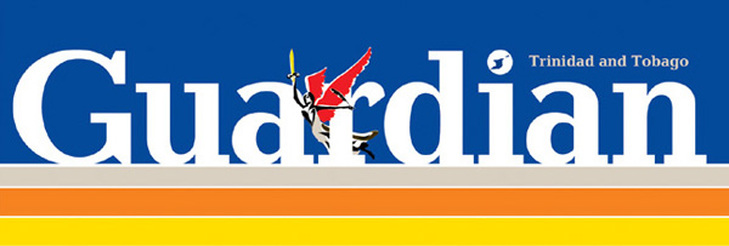He believed that each logic was engrained in social life there as a consequence of the cultural fusion of colonialism, post-colonialism and pre-colonial realities. His suggestion was these logics influence the behaviour of local actors and what he termed the “complex of corruption.”
The five logics were: negotiation, gift-giving, the solidarity network, predatory authority and redistributive accumulation. Sardan proposed that each usually combined with others helps to understand how and why corrupt practices can seem mundane and everyday, something we in the Caribbean might also find true if we consider these logics here.
For Sardan the first logic, that of negotiation, influences the complexity and embeddedness of corruption. Simply put, corruption involves bargaining and as such corruption can be understood as negotiation and a type of transaction rather than simply illegal.
For example, in bribing a police officer over a violation of traffic law there is an opening conversation to events. Unless it’s a substantial amount you cannot just hand over monies without saying a word. And on a larger scale we can be pretty sure the Section 34 fiasco involved some sort of verbal bargaining and negotiation between those involved. Understood in this light negotiation is an intrinsic driving logic of all levels of corruption, yet bargaining is also banal; an “ease up” that breaks the rules is after all a common everyday behaviour.
The second logic is gift-giving. In The Gift, sociologist Marcel Mauss explained how gift-giving creates social bonds and obligations. The buying of a round when drinking or the exchanging of gifts at Christmas and birthdays are examples of acts of giving which encourage a reciprocal act and a social bond.
Many types of corruption from the petty to the more serious fall under the logic of gift-giving. Think about party political donations and the influence they engender. Or on the more everyday level, the little favours you do for a friend or family member working in the civil service, and how when you need help in dealing with the State the first person you call is the same person working in the ministry who owes you that favour.
The third logic of corruption is the solidarity network. This logic suggests corruption is necessary for social acceptance. Solidarity networks include people and friends from all levels of our school and working lives.
They also include our local neighbourhood, churches, families and more. Solidarity networks are defined by the obligations we have to others to provide mutual assistance.
As Sardan describes it, “one cannot refuse a service, a favour, a bit of string-pulling or compliance to a relative, neighbour, party comrade or friend. Nor ought one refuse the same to someone who is ‘sent’ by any of the above. The circle of individuals to whom one feels obliged to render services is thus astonishingly wide.”
And should you not string-pull when asked this can result in some sort of social sanction, from the mere disappointment of a friend to the falling out with a loved one.
The fourth logic is predatory authority. This is the idea that people involved in corruption often see it as a right and beneficiary of their job. For Sardan, this reality is a pattern from colonial days and an extension of the ways colonial authorities used their positions in the context of extortion, despotism and racketeering.
Equivalents today include the policeman taking bribes, directors dipping into special funds or purchasing exorbitant massage chairs, and politicians, ministers and other state officials on the take, because “they’re worth it.”
The final logic is redistributive accumulation and reminds me of the time corruption in T&T was described to me as “social mobility.” Another translation might be “our time now.” For Sarden redistributive accumulation means illegal enrichment and nepotism.
Whether it is a civil servant or a more senior member of government, a post of responsibility is also a “juicy” post. One providing the holder with an opportunity for wealth they most likely will never encounter elsewhere. Furthermore, the logic of redistributive accumulation infers wealth should be shared around with close friends and family.
Now we have to be careful here to not read Sardan’s behavioural logics as culturalism. His argument was not that corruption is cultural in Africa.
Rather, the reality he described was a historical and syncretic one. The colonial encounter patterned and produced certain outcomes and behavioural logics.
These logics were syncretisms, ie they were not derived from traditional culture, and they became embedded in the mundane and everyday.
What this all suggests is that in the battle to reduce corruption long term strategies must include changing and shaping the behaviour of our human capital from an early age.
This means family, education and civil society need to impact how routine and banal many corrupt practices have become and the ways we all at times justify their use.
http://m.guardian.co.tt/columnist/2015-04-19/corruption-complex

 RSS Feed
RSS Feed